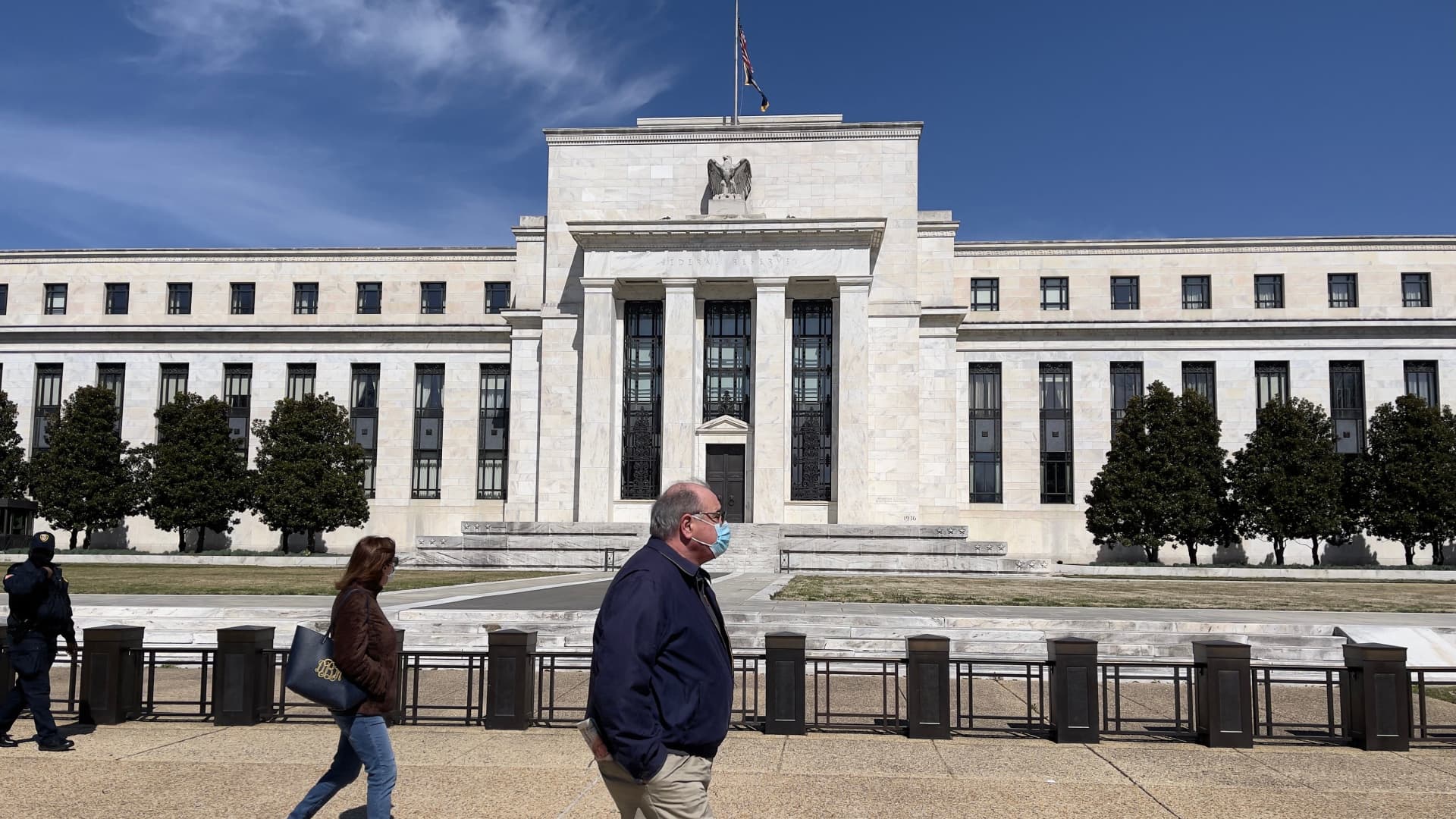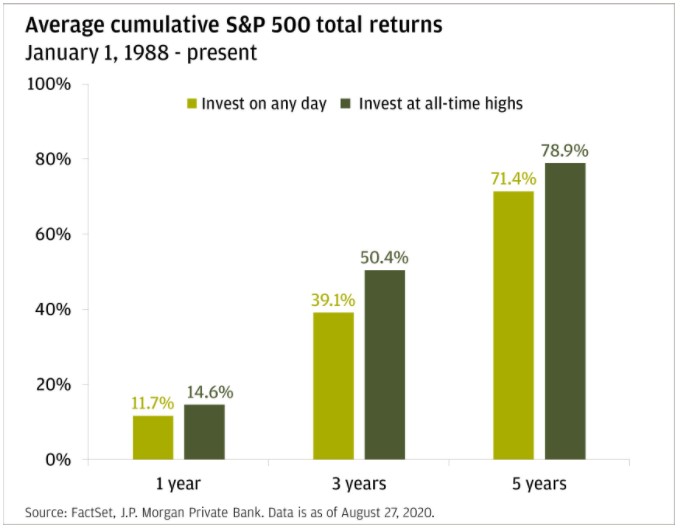Top Investors Know Cash in a Portfolio Has Multiple Roles
The best investors in history are known for keeping large amounts of cash on hand. They know through first-hand experience how terrible things can get from time to time—often without warning. In August 2019,
Warren Buffett and his firm Berkshire Hathaway held a record $122 billion in cash.1 Charlie Munger would go years building up huge cash reserves until he felt like he found something low-risk and highly intelligent. As of April 13, 2020, the legendary Tweedy Browne Global Value Fund allocated 13.82% of the fund's holdings to cash, T-Bills, and money markets.2
Privately, wealthy people like to hoard cash, as well.
A 2019 Capgemini World Wealth report released found that people with at least $1 million in investable assets kept nearly 28% of their portfolio in cash.3 If (or when) the economy enters another recession, those cash reserves will allow these wealthy investors to buy cheap homes, stocks, and other assets.
Cash facilitates all of an investor's success, even if it looks like it's not doing anything for long periods.
In investing parlance, this is known as "dry powder."
The funds are there to exploit interesting opportunities—to buy assets when they are cheap, lower your cost basis, or add new
passive income streams.
Cash as Liquidity Reserves
Another role cash plays in your portfolio is to serve as a liquidity reserve you can draw down when markets seize or stock exchanges are closed for months at a time. Under these circumstances, it's nearly impossible to liquidate assets—you can't turn your investments into real cash at these times.
Buffett is fond of saying cash is like oxygen—everyone needs it and takes it for granted when it's abundant, but in an emergency, it's the only thing that matters. The leading personal financial gurus recommend keeping at least six months' worth of expenses reserved in an FDIC insured checking, savings, or
money market account.
In this capacity, the cash goes beyond giving you the ability to acquire attractive assets, it's an insurance policy when you need to cover the bills and you can't tap your other funds. Benjamin Graham once said that the true investor is rarely forced to sell their securities—if the portfolio management system is good enough, you'll have the cash to make it through the darkest of times.4
Retired investors are especially in need of cash to prevent losses when the economy begins a period of shrinkage.
Imagine you determine a safe retirement withdrawal rate is 3%, all else being equal, for your portfolio. You put $500,000 aside and invested it at a cash yield of 2.8%. By keeping at least 10% in cash, or $50,000, the economy could experience a 1929-style collapse, and you wouldn't have to sell any of your holdings to fund your cash flow needs, no matter how bad it got.
Cash Is Comfort
Another role of cash in your portfolio is psychological. It can get you to stick with your investment strategy through all sorts of economic, market, and political environments by providing peace of mind. When you look at reference data sets, like the ones put together by Roger Ibbotson, you can peruse historical volatility results for different portfolio compositions.
Though these studies tend to use a stock/bond configuration, the basic lesson is that diversified portfolios minimize losses without significantly missing out on gains.
Having a well of reserve capital into which you can dip, and which serves as an anchor when markets fall, is a source of comfort that little else in financial life can offer.


